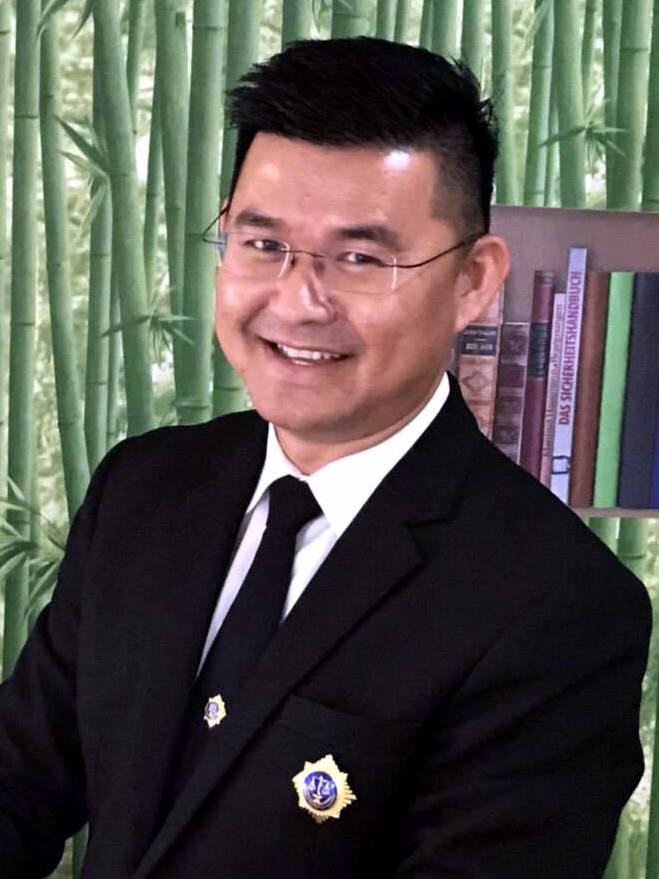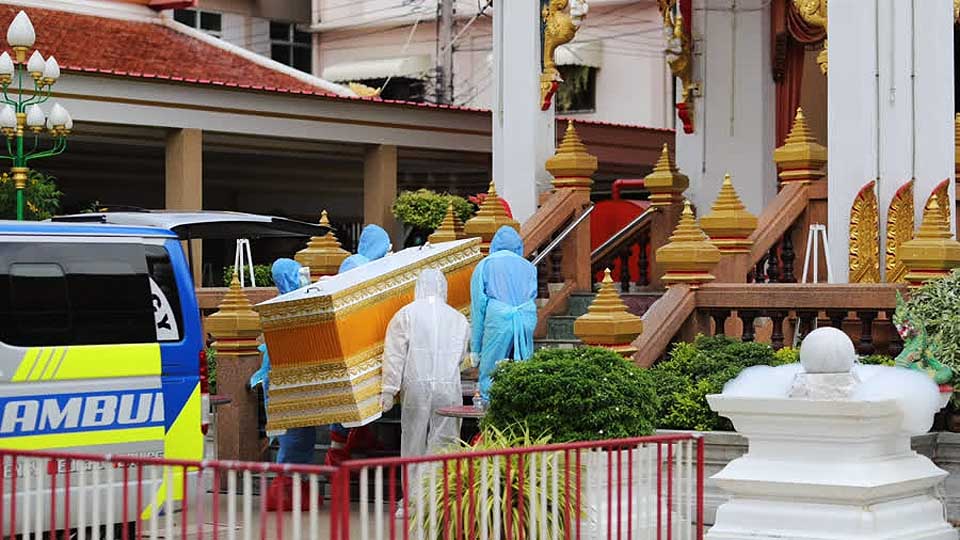

Q. What can lawyers do?
All countries have their own rules and regulations about notifications to police and embassies, corpse disposal and the follow-up in court if the deceased had any assets in Thailand. A Thai lawyer experienced in these matters can make the whole process less distressing for next of kin or significant third parties.
Q. What are the procedures if a foreigner dies here?
Typically, the police will quickly be informed. If the deceased died in hospital and had a recent record of illness or disease, an autopsy is not necessary. In all other cases, an autopsy will be required and this can delay the funeral. The death certificate is issued by the local authority and relevant embassy approval is required before cremation or burial is possible. At this stage, relatives usually have a lot of questions about detail – such as where the autopsy occurs and the specific role of the embassy – which a lawyer can help to make a smoother process. Also any hospital or autopsy bills must be paid before progress can be made.
Q. How are the dead disposed of in Thailand?
Nearly always by cremation which is otherwise known as hygienic disposal. Embassies usually have a list of morticians who can organize the details and the service at temples. Prices vary a great deal according to the location and elaborateness, starting at around 20,000 baht with no upper limit. In general, funerals in rural areas are cheaper than those in urban centers. In temples, the body is kept in a “chedi” or special area and there is no specific time frame for cremation. The next of kin or executor can obtain the ashes in an urn for lodging in Thailand (often in a temple or at sea) or for return to the native land.

Q. Is burial possible in Thailand?
Yes, but it’s very expensive, difficult and can take a long time. An alternative is to transport the body back to the home country by air, although it should be noted that many airlines – since Covid – do not offer this service. Also, the body has to be specially treated by embalmers and returned in a zinc-lined coffin. In my experience, well over 90 percent of deaths in Thailand are prepared for cremation here. The exceptions are mostly where the insurance policy specifically allows for international corpse transportation.
Q. What happens if nobody can be found to take responsibility?
Yes, sometimes this can happen when a Thai or a foreigner dies and no family member or friend can be found. Sometimes embassies may pay for disposal, but many do not. In some areas, the local authorities may arrange for a pauper’s cremation at a local temple. In other areas, there is a paupers’ burial ground where corpses are lodged and collectively burned every few years to make way for new arrivals. In the Pattaya area, as an example, the Sawangboriboon Foundation will usually be asked to assist where a body is uncollected and unwanted by anyone. We should stress that a pauper’s disposal will be an action with minimal ceremony.
Q. What about wills and courts?
If the deceased had any assets (cash or property) in Thailand, a probate order from a Thai court is necessary before they can be transferred. However, if a bank account is held in joint names, then the surviving partner can avoid that bureaucracy. The judge in a probate case will expect to see a properly drawn-up will in the Thai language and will normally require the presence of the executor or next of kin. The court may ask about the family tree, but the process is normally automatic. The executor will then receive written authorization which allows the transfer of assets to beneficiaries.
Q. Do things sometimes go wrong?
Indeed they do. Sometimes there is no will or the original cannot be found. In these cases, the process may be more complicated and, where possible, we ask the next of kin to accompany us to a hearing in the Thai court. Another problem area is where the deceased died unnaturally, say a murder, which can result in all sorts of questions depending on the specific circumstances. Sometimes, the relatives may not be satisfied with the results of the autopsy and can fund a second one either in Thailand or in the home country.
Q. Do I need two wills?
It depends. Where assets are held in Thailand and abroad, we usually recommend that. Care has to be taken that the two wills do not contradict each other – I have known that to happen! Some foreign probate courts can require a lot of detail. For example, if a British man or woman holds assets in the Isle of Man or the Channel Islands, these jurisdictions are not part of the United Kingdom. The detailed rules are very different in, say, Liverpool and Douglas. On estate matters, you really do need professional legal input. Preferably well before you meet your Maker.
 |
 |
 |





